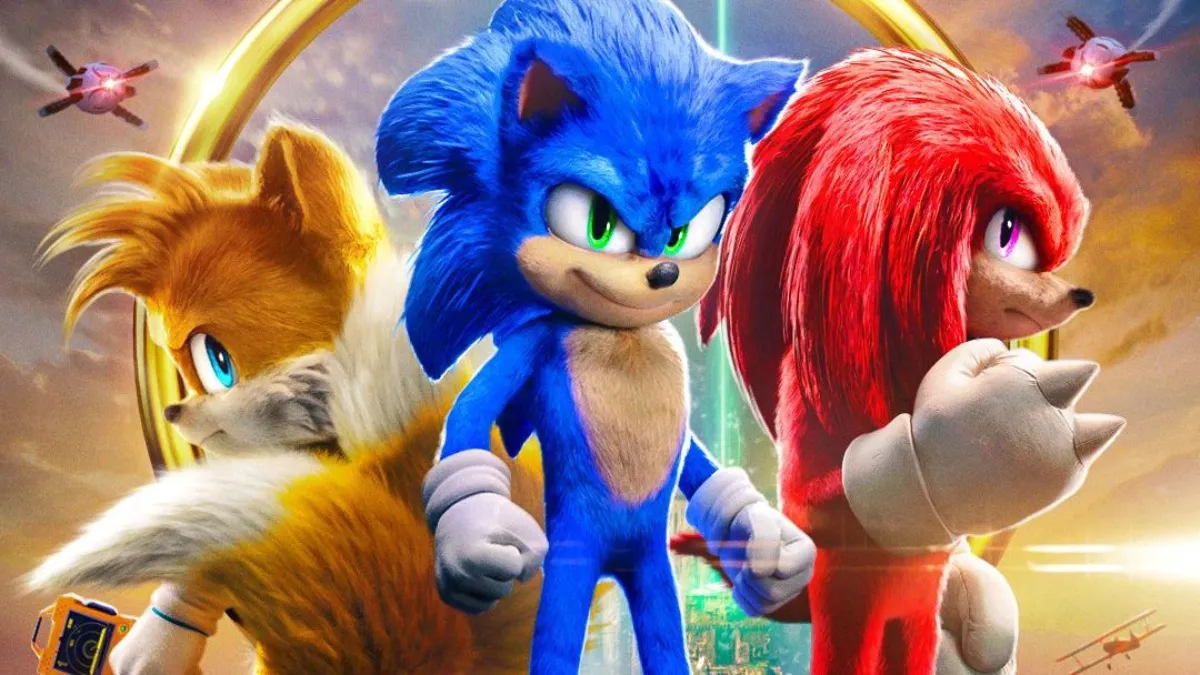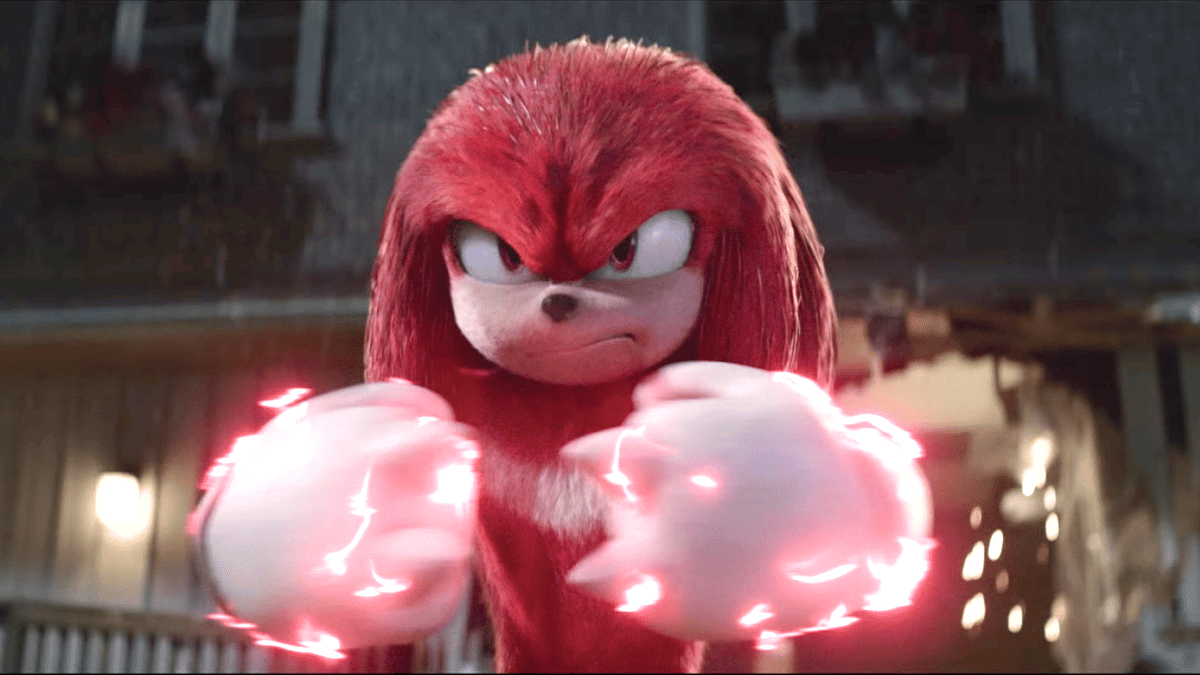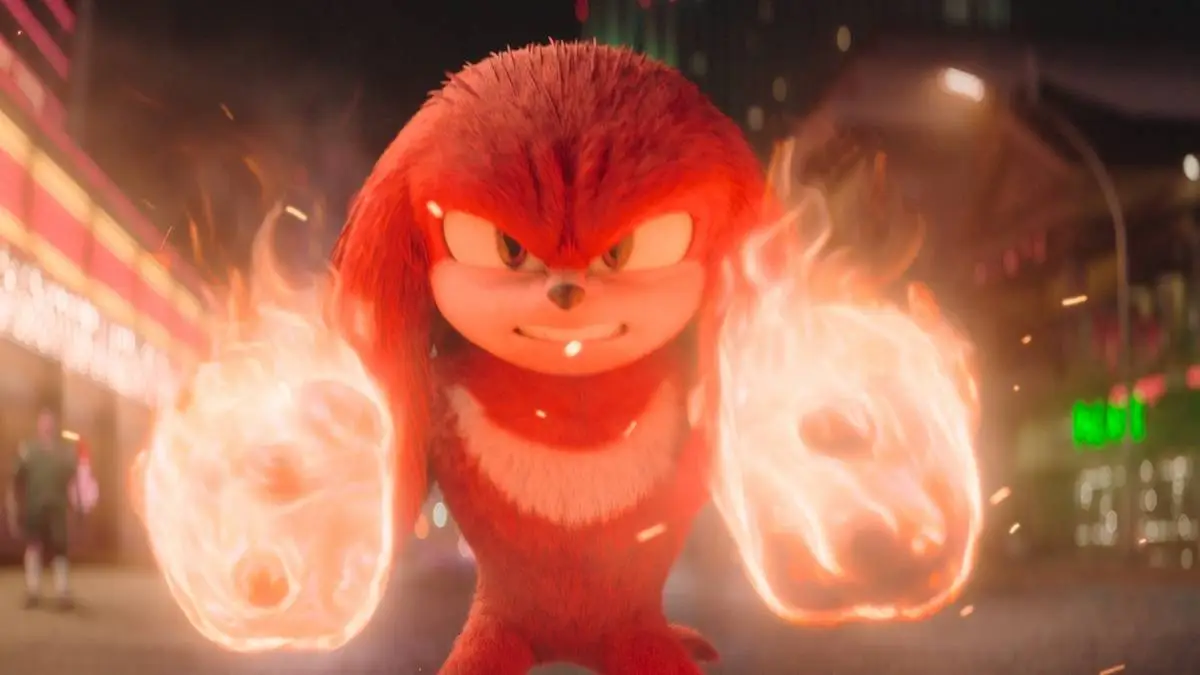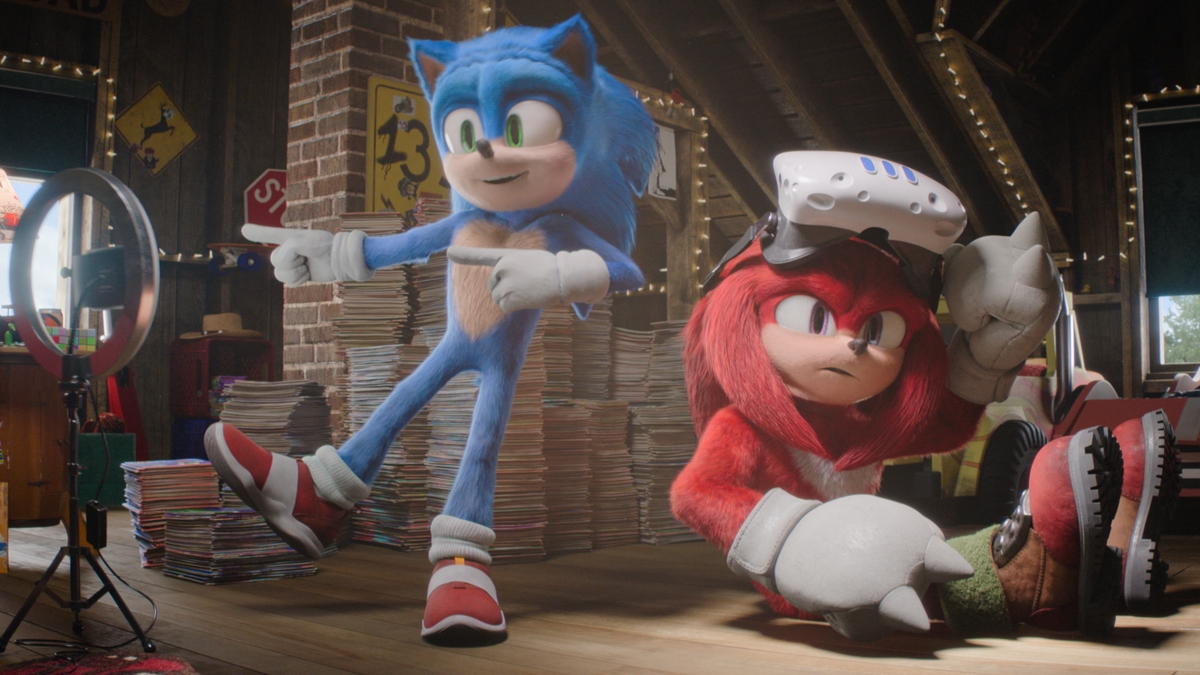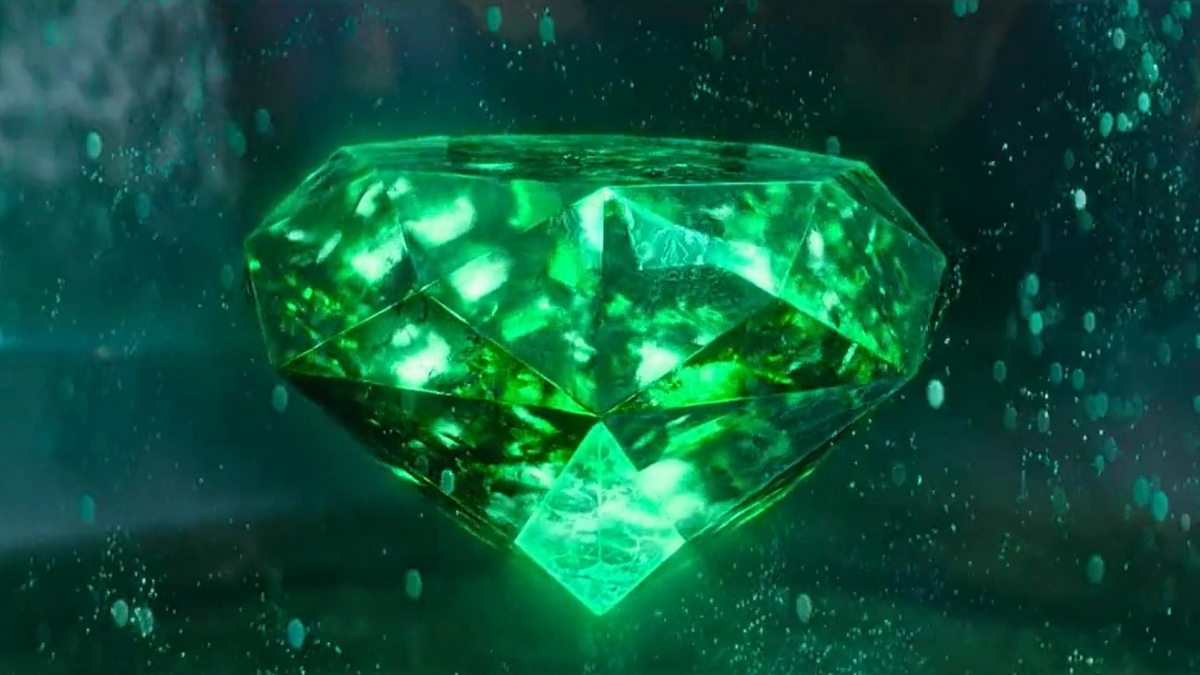
I am what you might describe as an “average American.” When 2007-2008’s financial devastation hit, the catastrophic details were somewhat lost on me while I simply focused on the troubles that lay ahead. This makes me the prime demographic for The Big Short – a boiled-down, captivating and unexpectedly hilarious look into when the housing bubble burst.
Anchorman‘s Adam McKay sets out to deliver a no-bullshit retelling of the miscalculated financial scheming that destroyed so many lives. And he does exactly that, with a passionate due diligence that captures the anger America felt as taxpayer dollars were spent to bailout a faulty system, provide golden parachutes, and ensure that banks would one day rule again. There’s no more hiding the truth – this is the movie Wall Street doesn’t want you to see.
“[The Big Short] isn’t based on a true story, it is one,” the movie posits, kicking off a dive into one of the lowest moments for America in decades, when the housing bubble imploded and ravaged big banks who refused to see such a disaster coming. A few men predicted such a collapse, though – men who were ignored. Laughed at, even.
Michael Burry (Christian Bale) was the first to notice a horrifying trend in subprime mortgages, pointing towards an inevitable fall. He went around Wall Street buying up credit default swaps from every entity that would sell them, essentially betting against an “unbeatable” market. This news then reached Jared Vennett (Ryan Gosling), who wanted in on the same action. Without enough capital himself, Vennett ended up getting backed by Mark Baum (Steve Carell), who loved the idea of watching those greedy corporate banks go down in flames. Include two small-time investors who learned about the eventual market implosion in Charlie Geller (John Magaro) and Jamie Shipley (Finn Wittrock), plus their adviser Ben Rickert (Brad Pitt), and you’ve got the small collection of men who saw something coming that millions of others ignored. And yes, they made one hell of a profit.
The Big Short isn’t about the gains of a small few, though. It’s about insurmountable losses for so many others, and how investors didn’t do a damn thing to stop it. Greed is the cornerstone of Wall Street, and the deeper our characters dig into an ignorantly unstable market, the more we learn about ugly, hopefully-over-dramatized truths.
McKay doesn’t holster his guns, and he takes aim at the fat-cats with (somewhat) contained spite. There’s a particular scene where Baum sits down with a Mr. Chau (Byron Mann), who laughs in the face of every poor sap who bought one of his rotten CDO packages. Another loan dealer, played by Max Greenfield, brags about screwing over strippers who agree to outrageous loans they’ll never escape. It seems like Hollywood fiction, but when you think about the dire financial state these actions created, how can you NOT believe that such cold-hearted tactics tanked a once-indestructible market? McKay and co-writer Charles Randolph take Michael Lewis’ novel and run with every sickening detail, resulting in a movie that clenches a huge set of meaty, braggadocio balls in a closed, gesturing fist.
McKay’s biggest strength here is transparency. The Big Short knows what viewers want, understands how to package it and still manages to retain a powerful bite. This is glitzy, star-power-promoted historical data spoon-fed by pretty faces and better roles, yet its Hollywoodization never detracts from its sense of darkness. Gosling’s narration is equally charming and sleazy, and he even admits he’s no hero – but we still root for him as Jared Vennett lays every filthy card on the table.
The “heroes” made their own billions by rolling the dice against hard-working Americans, and when unsuspecting middle-class citizens subsequently ate turf, the likes of Burry and Baum made tremendous margins for their investors (Burry’s firm ended over +400%). We’re essentially rooting – and laughing along with – our own demise, yet every intoxicating minute of this disgusting spiral into destruction forcibly grabs your attention. Whether it be the divine Margot Robbie explaining credit swaps in a bubble bath, or master chef Anthony Bourdain demonstrating CDOs through cooking, constant fourth-wall breakdowns make The Big Short a much savvier, smarter financial thriller.
When I say that The Big Short features one of the best ensembles of the year, I’m not only referring to Bale, Pitt, Gosling and Carell. I’m talking about Hamish Linklater, Rafe Spall, Karen Gillan and the rest of this tightly-knit cast. Each player, no matter how small, fires on all cylinders with the exact type of passion that McKay calls for. But there is a clear winner – and his name is Gosling. Bale’s stammers and Carell’s brash sincerity are key pieces to this emotionally charged puzzle, but it’s Gosling who delivers a truly stand-out performance as an overly-amped, micro-managing workhorse most insistent on shaping his own destiny. These actors make model citizens out of lesser evils, while the performers who are meant to portray stupidity do so with a gleefully satirical self-hatred.
The Big Short breezes through a topic that sounds like a dystopian look into an Idiocracy-bred doomsday scenario, without ever abandoning a strong distaste for its story’s real-world implications. McKay is a big-time filmmaker with conviction, drive and ingenuity, and here he has created a thriller that will open the eyes of anyone who never bothered to understand the crisis in the first place. Everything is a metaphor, and nothing is overthought. There’s literally a shot where the SEC is in bed with Goldman Sachs (or one of the other big players) – we don’t witness the sexy act, but we catch an SEC employee getting shown off by a Goldman employee after a night of…well, you know.
In other words, The Big Short never tries to be cute or politically unbiased, and that intense honesty creates one of the most consistently engaging watches of 2015. You’ll be pissed off all over again yet somehow enjoy the resurgence of that disdain. It’s that clever of a movie – and equally enjoyable, without the masochism you might assume. “Jacked as tits” – just remember those words.


